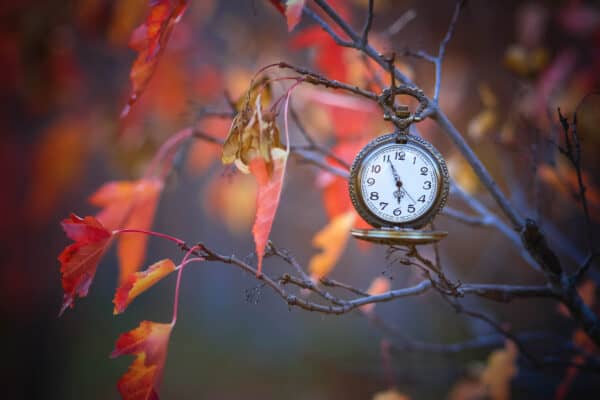In Hungary, winter time begins on the last Sunday in October, so we will have to turn back our clocks by one hour (from 3am to 2am on 30 October). The clock change will be done by smart devices, and although you can sleep an extra hour, you should be prepared for it to get dark one hour earlier. The good news is that this time you will get an extra hour’s sleep with a 4-day weekend.

In 2018, the European Commission organised a public consultation about the current arrangements on clock change. The majority of respondents were in favour of abolishing the practice of adjusting clocks by an hour in spring and autumn. In Hungary was one of the highest proportion of respondents who opposed the bi-annual clock changes.
The unanimous view of sleep scientists and national, international professional organisations dealing with the biology of time is that the standard time would be the most appropriate for people, i.e. if we agreed on one or the other time arrangement. According to the Hungarian Sleep Association, what is better for someone also depends on how he or she lives. Some people like to go to bed later and therefore sleep longer, and others like to start early in the morning.
What is certain is that the human organisation has difficulty during adaptation to the clock change, and according to experts who study biological rhythms, it can never actually do so. And although most people prefer daylight saving time because it has daylight for longer, until the beginning of the 20th century, we lived according to winter time for thousands of years. So, it is actually closer to human nature.